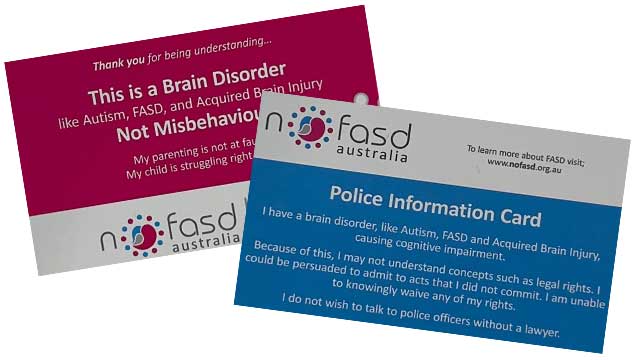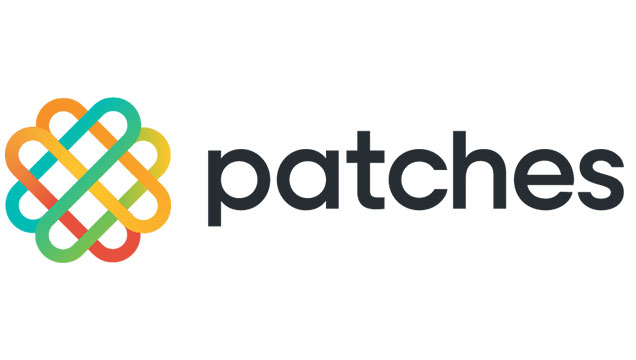
What Justice Professionals can do
We know that people with FASD are overrepresented in the justice system, with the ground-breaking Banksia Hill Project conducted by The Kids Research Institute Australia (formerly named Telethon Kids Institute) in 2018 finding that 36% of incarcerated youth had Fetal Alcohol Spectrum Disorder (FASD).
We also know that with the right support, people living with FASD can learn and lead successful and fulfilled lives. Thorough assessment, early diagnosis, strong parent and carer engagement, individualised therapy and personalised learning plans can ensure good outcomes across a range of life goals can be achieved.
With early diagnosis and targeted management strategies, most young people can overcome specific deficits in skills and behaviours and reduce the risk of secondary impairments such as contact with the justice system.
Assessment and referral
People working in the justice system such as police, lawyers, judicial officers and corrective services officers (youth justice officers, custodial staff) need to understand the underlying reasons for the behaviour of some of the children and young people who have come into contact with the justice system.
It is vital that children engaging with the justice system are referred for neurodevelopmental assessment to identify impairments and services to reduce the risk of harm to both themselves and others, and break the cycle of reoffending. When children and young people appear in court a request for an assessment by either the person’s lawyer or the judge/magistrate may assist with the imposition of orders and sentencing.
Australian FASD multidisciplinary clinics and individual FASD informed health professionals can be found in the Services Directory.
A video series to help lawyers, judicial officers and other justice professionals better deal with people with FASD
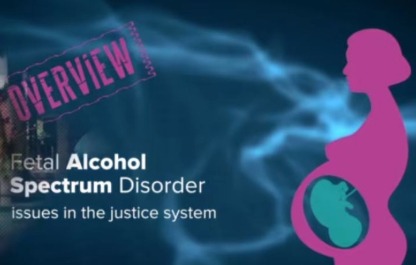
FASD Overview - Issues in the justice system
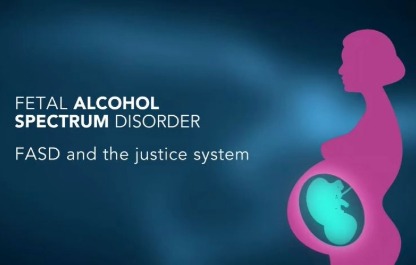
FASD and the justice system
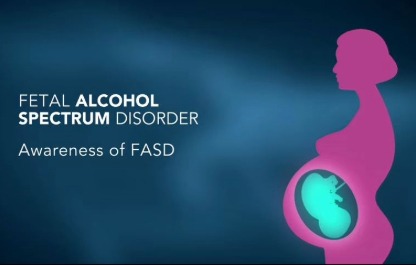
Awareness of FASD
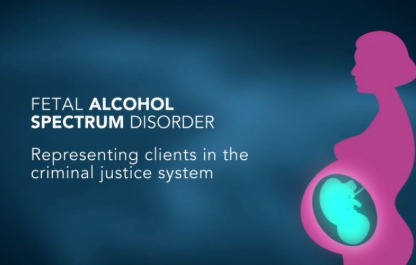
Representing clients in the criminal justice system
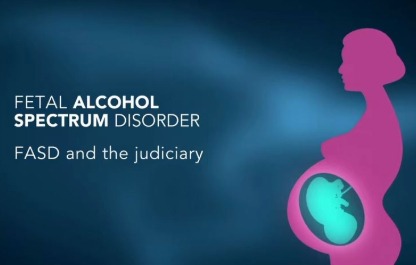
FASD and the judiciary
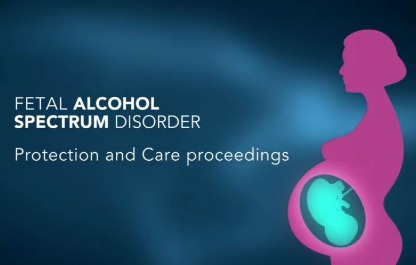
Protection and care proceedings
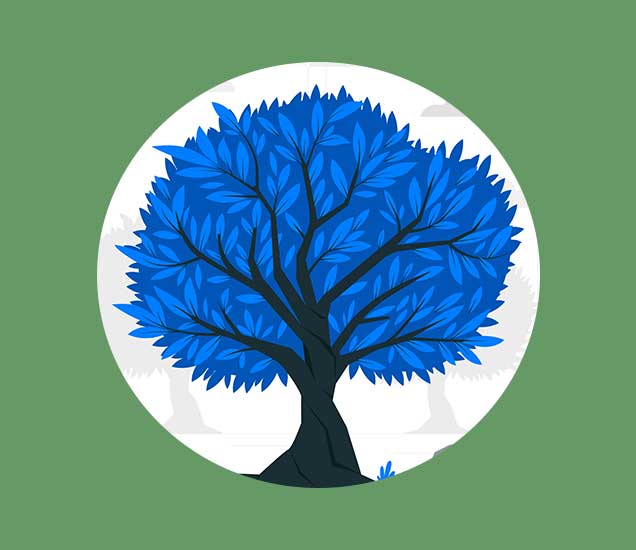
Youth Justice 24: Prevention not Detention
The Youth Justice 24 Conference aimed at child and family practitioners, child protection workers, youth justice workers, health professionals and educators, addressed a need to be trauma informed, FASD informed, and human rights informed if we are to prevent youth crime and youth detention.
Watch the recordings of the speakers from the conference.
FASD-informed
service providers
Find health professionals and services with FASD experience and expertise.


Managing FASD

Anita and Dima's story

Michael and Lina's story
Developed by researchers at the The Kids Research Institute Australia (formerly named Telethon Kids Institute) Reframe Training is an evidence-based program that aims to educate frontline professionals to recognise and understand neurodisability in young people, reframe associated behaviours, and respond appropriately.
The program was initially tailored for the youth justice workforce but is now open to anyone who interacts with individuals with complex needs and behaviours.
Reframe Training

Beyond the FASD Hub
These resources have been created by other organisations.
Stay connected
Join our mailing list to hear more from the FASD Hub, including our monthly newsletters, webinar invitations, and new publications.
Acknowledgement of Country
FASD Hub Australia acknowledges Aboriginal and Torres Strait Islander peoples as the Traditional Custodians of Country throughout Australia, and we recognise their connections to land, water and community. We pay our respect to their elders past and present, and extend that respect to all Aboriginal and Torres Strait Islander peoples.




